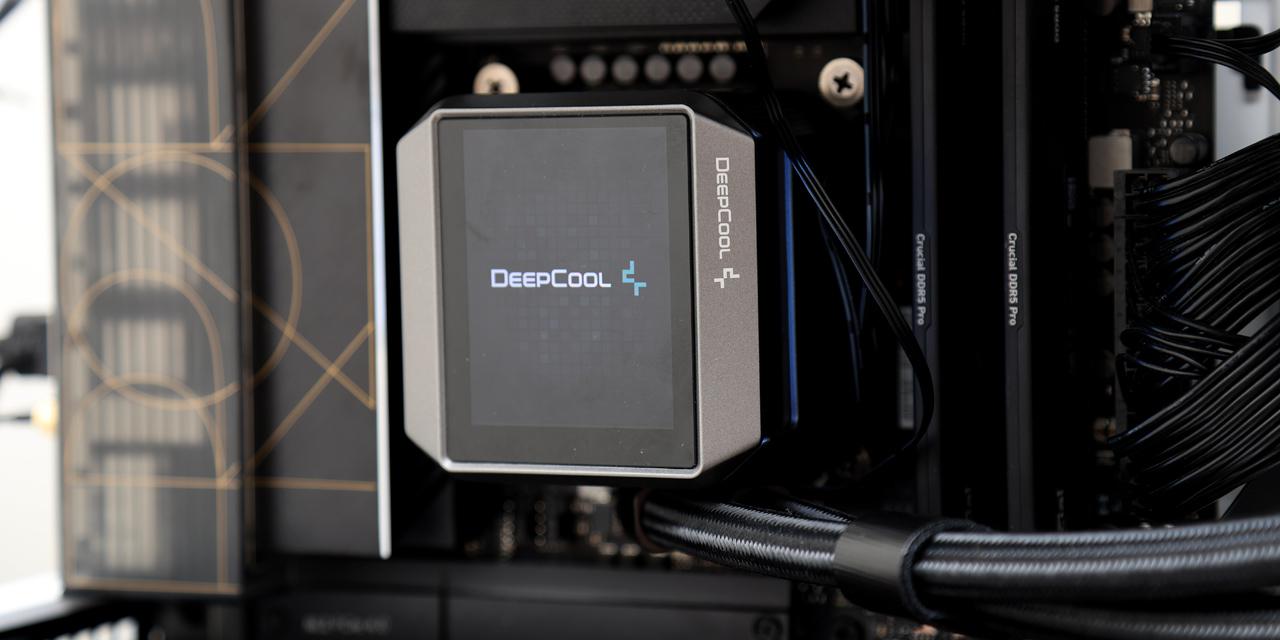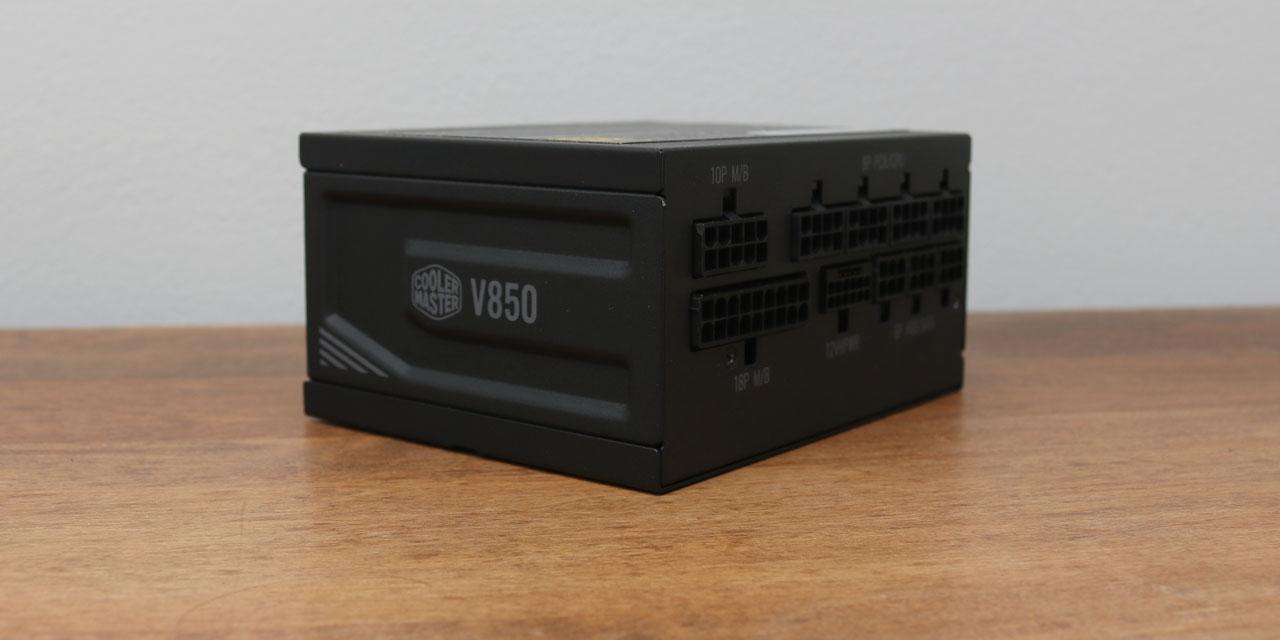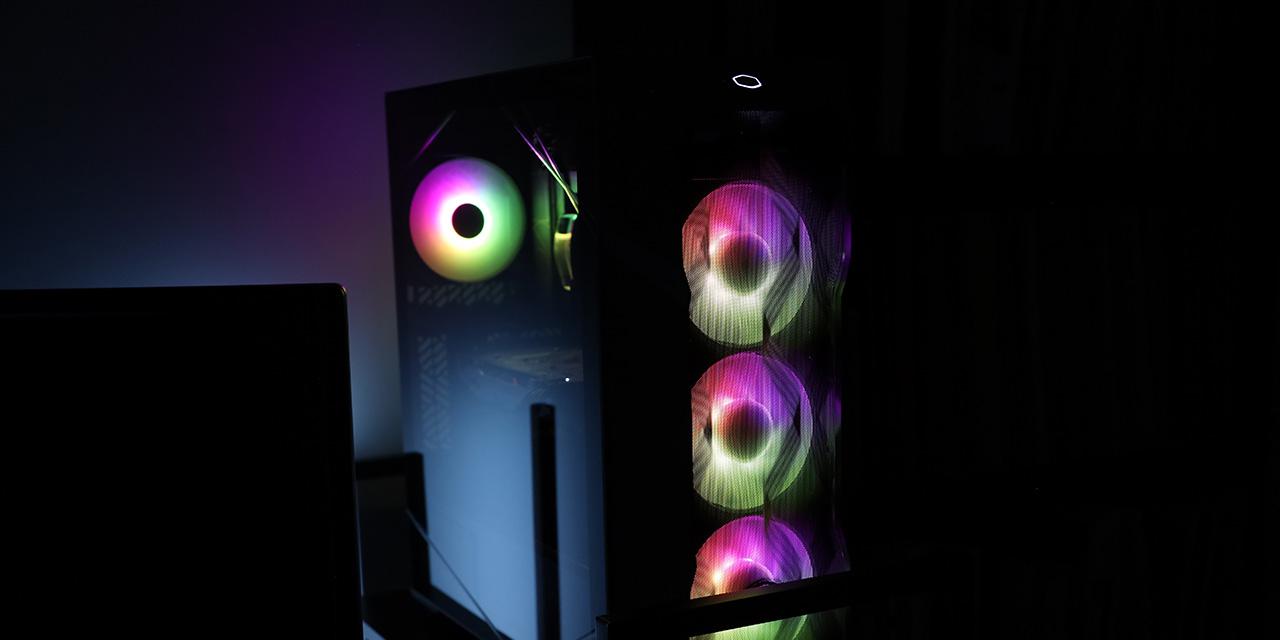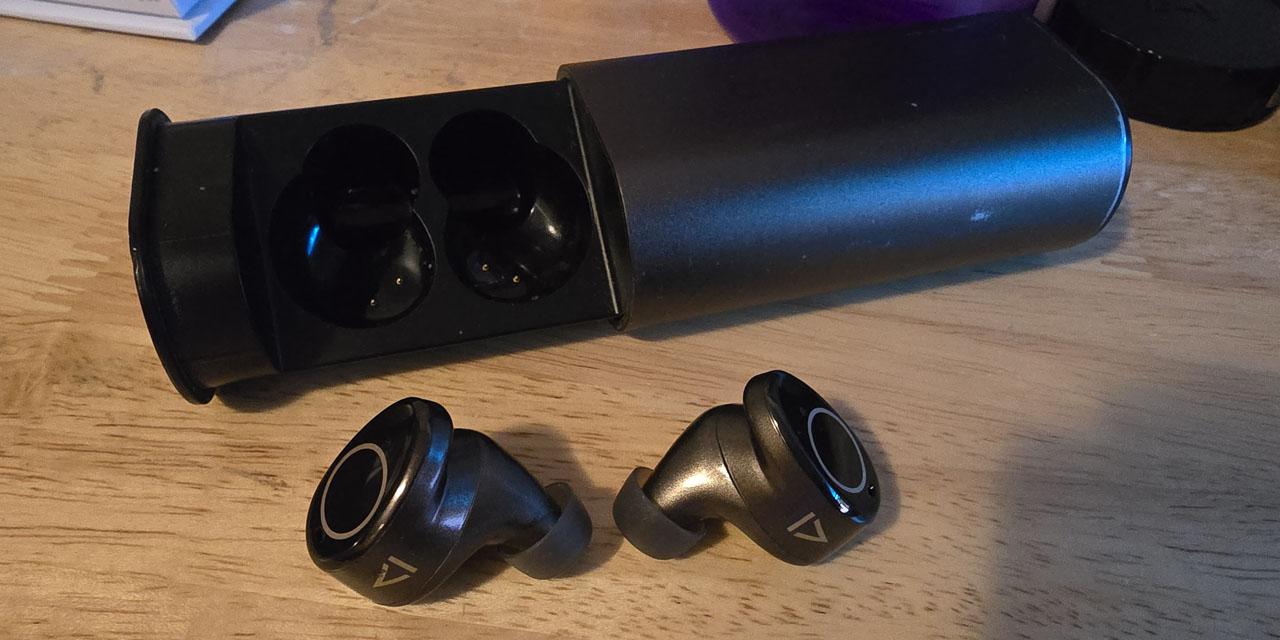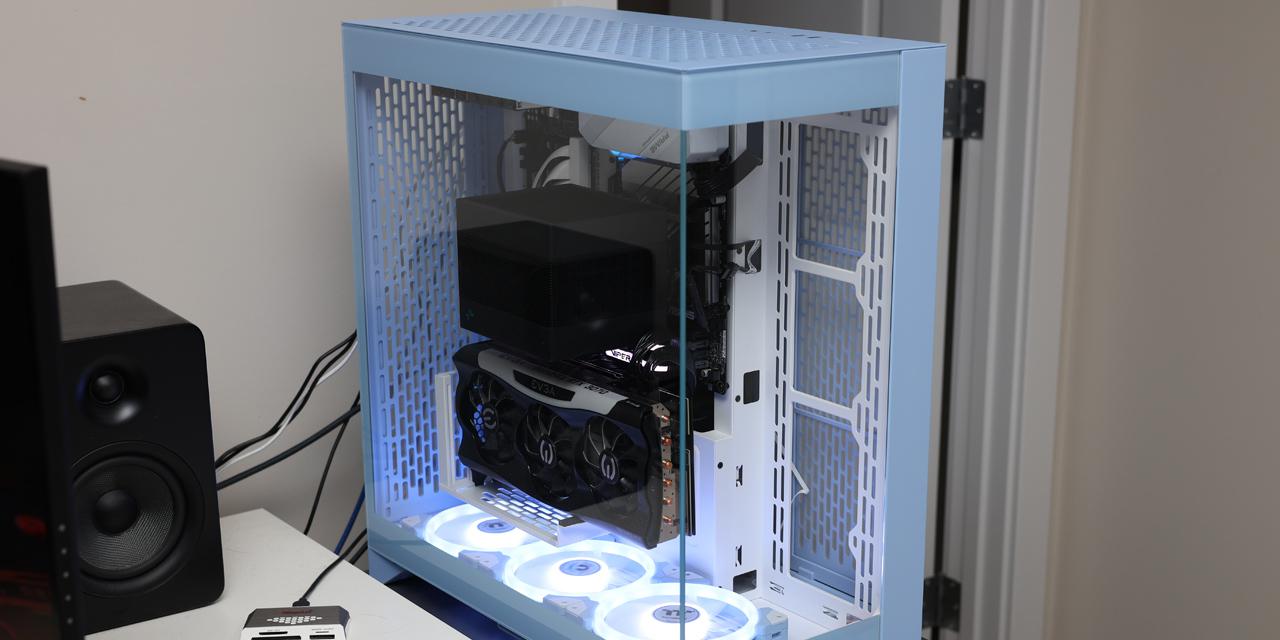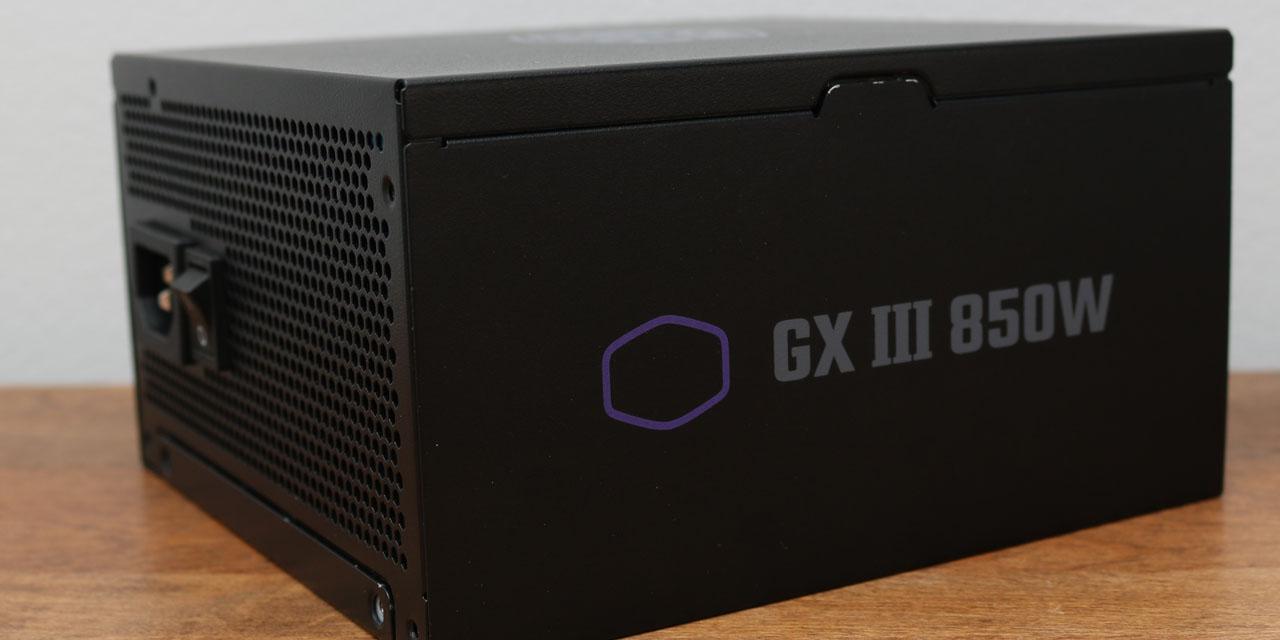|
From X-bit Labs: Sales of Hewlett-Packard’s business-critical servers (BCS), such as Superdome and Integrity, were slightly up in the fourth quarter of fiscal 2012 (ended October 31, 2012), but still remained on very low levels and were down year-over-year as a result of uncertainties with Intel Corp.’s Itanium platforms. At the same time, customers started to adopt x86 mission-critical servers and their shipments grew in the quarter. “Overall business critical systems revenue declined 25% year-over-year. Within BCS, mission critical x86 was up over 25% but the BCS performance was again impacted by the persistent Itanium revenue decline. Industry standard server revenue declined 7% year-over-year with particular weakness in EMEA,” said Cathie Lesjak, chief financial officer of HP, during quarterly conference call with financial analysts. HP's enterprise servers, storage and networking (ESSN) division earned last quarter $5.1 billion in revenue, which is 9% lower compared to the same quarter a year ago because of declines in demand for storage solutions and business critical systems. Operating profit of the whole division was $423 million, or 8.3% of revenue, a result of lowering margins. Revenue that HP received for its business critical machines totaled $401 million, which is slightly higher than its five-years low. The continuing decline of demand for HP's mission critical servers is a direct result of Oracle's decision to stop releasing new software for Intel Itanium-based systems in March, 2011. In addition, Intel started to add mission-critical features to Xeon-class microprocessors and it is evident that at least certain customers preferred Xeon-powered business-critical machines. This year the court ordered Oracle to continue developing new software for the IA64-based machines, hence, there is a hope that Itanium sales will rebound. “Our server business continues to face tough macro and pricing pressures, particularly as we see the Itanium challenges within BCS persisting,” added Mr. Lesjak. Hewlett-Packard needs to keep Itanium microprocessor alive and improving for several years from now because its mission-critical platforms, such as HP-UX, OpenVMS or NonStop, rely on those chips and it will take years before they are ported to Intel Xeon architecture. But HP may need to speed-up its porting efforts as sales of its Integrity and Superdome IA64-based machines have been declining for several consecutive quarters now. Intel recently announced that the future Itanium and Xeon E7 processors will share the same socket. View: Article @ Source Site |
 |
Hewlett-Packard: Share of x86 Mission-Critical Servers Up
© Since 2005 APH Networks Inc. All trademarks mentioned are the property of their respective owners.
